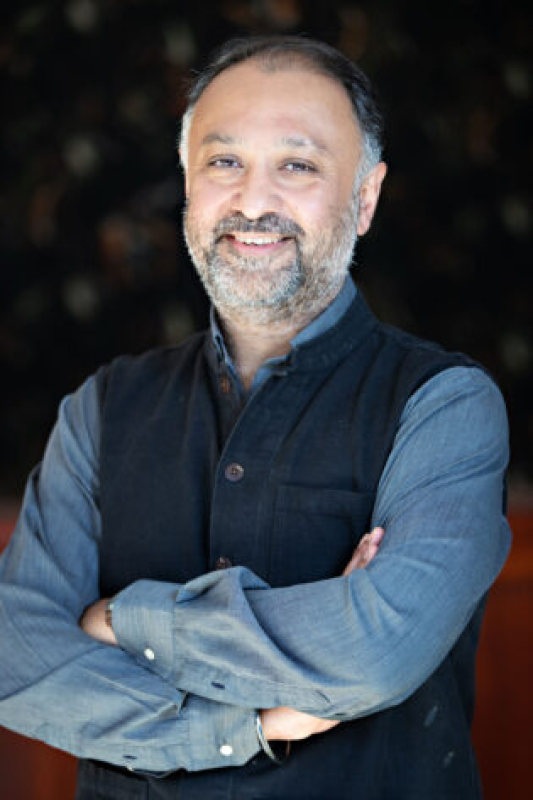- UNRWA Situation Report on Crisis in Gaza & Occupied West Bank |
- Intimidation or bloodshed cannot halt Bangladesh’s march to democracy |
- Khaleda Zia integral to an important chapter in BD history: Yunus |
- Enthusiasm marks Victory Day celebrations across Bangladesh |
- Dhaka-Delhi ties deep; to be shaped by trust, dignity, mutual respect |
Shrinking Civil Space Fuels Global Corruption and Inequality

Mandeep Tiwana, Secretary General, CIVICUS Global Alliance.
From Bangkok to Washington, spaces for civil society are shrinking rapidly. Authoritarian regimes are silencing dissent, a trend that is indirectly driving corruption and widening inequality, warns CIVICUS Global Alliance.
Mandeep Tiwana, Secretary General of CIVICUS, said civil society is increasingly viewed as a threat by those in power, and repression directly undermines democracy. “Attacking civil society leads to more corruption, less inclusion, reduced transparency, and rising inequality,” he said.
The warning comes ahead of the 16th International Civil Society Week (ICSW), to be held from 1–5 November 2025, which will convene over 1,300 delegates including activists, civil society groups, academics, and human rights advocates. The event aims to empower citizen action and strengthen alliances worldwide.
According to the CIVICUS Monitor, civil society is under attack in 116 of 198 countries, with over 70% of the global population living under repressed or closed civic spaces. Tiwana highlighted the growing dangers for activists, including defunding, intimidation, imprisonment, and even physical attacks.
Governments are increasingly introducing laws that restrict civil society funding, curtail independent operations, and stifle scrutiny. This erosion of civic space coincides with a rise in unilateralism and transactional diplomacy, allowing powerful states to manipulate policies, enhance wealth, and protect elites, often at the expense of public accountability.
Tiwana cited countries such as China, Rwanda, El Salvador, and Hungary as examples where authoritarian regimes are undermining civil society. He also criticized the US under President Donald Trump for weakening democratic norms and emboldening similar repression globally.
Despite these challenges, civil society continues to resist. Mass protests against corruption and pro-democracy movements have forced political changes in countries like Bangladesh, Nepal, Guatemala, and Madagascar. Tiwana urged citizens to continue speaking out and engaging in peaceful protests.
Highlighting youth activism, he pointed to movements like Fridays for Future and Black Lives Matter as examples of solidarity and unified action. Yet, he warned that rising military dictatorships and elite dominance threaten progress on human rights and equality worldwide.
“Conflict, environmental degradation, extreme wealth accumulation, and corruption are interlinked,” Tiwana said. “Civil society must continue exposing these inequalities to build fairer, more peaceful, and just societies.”

